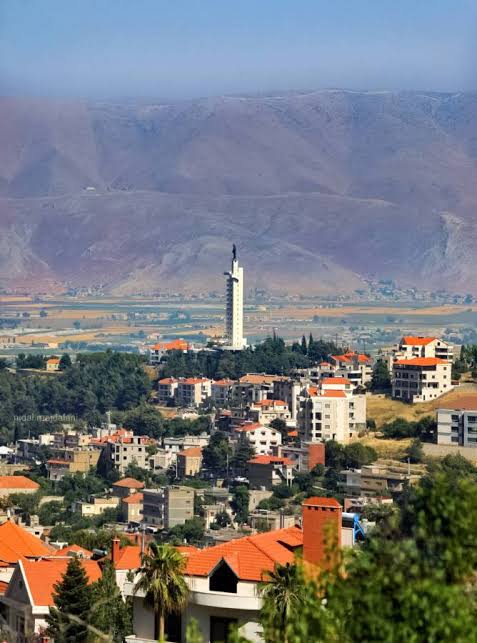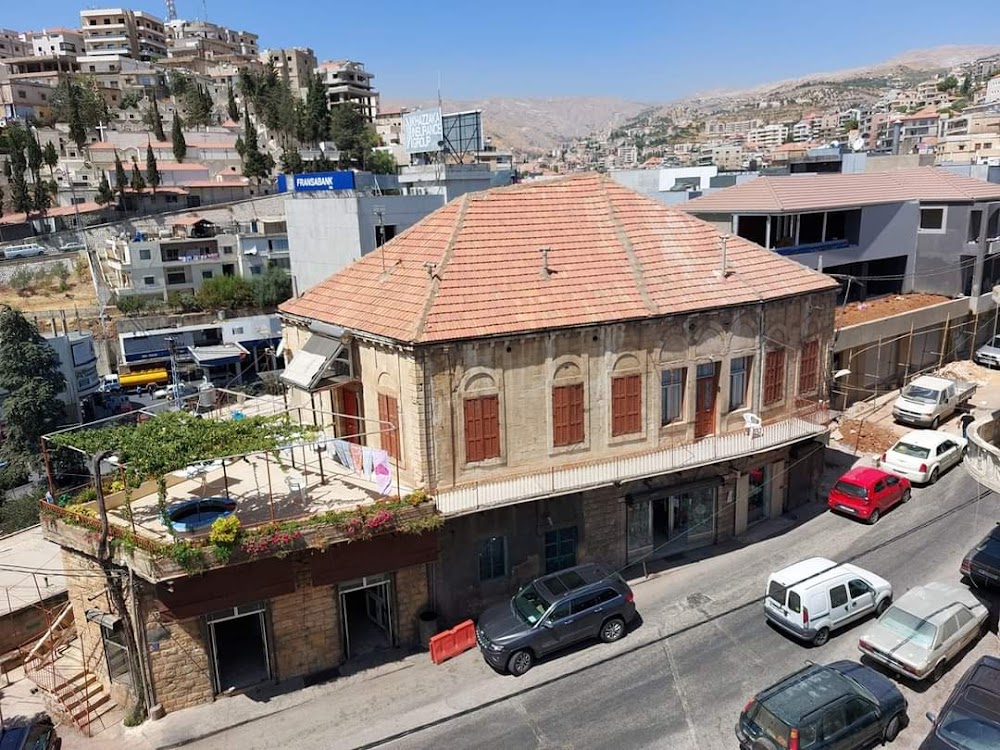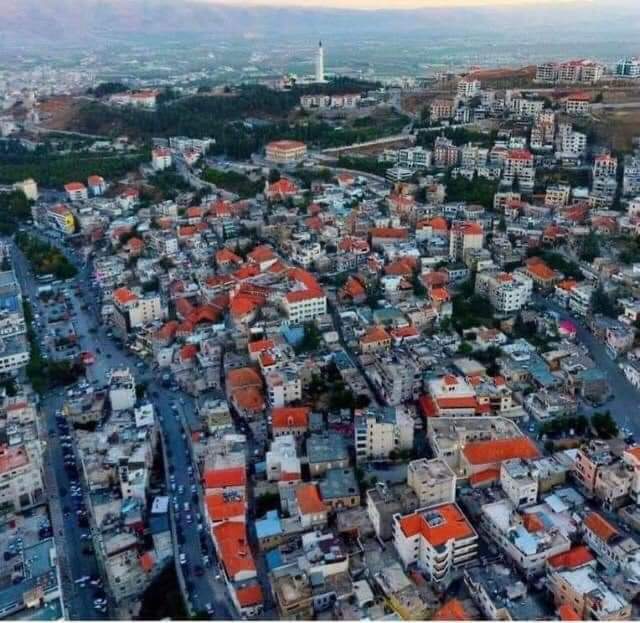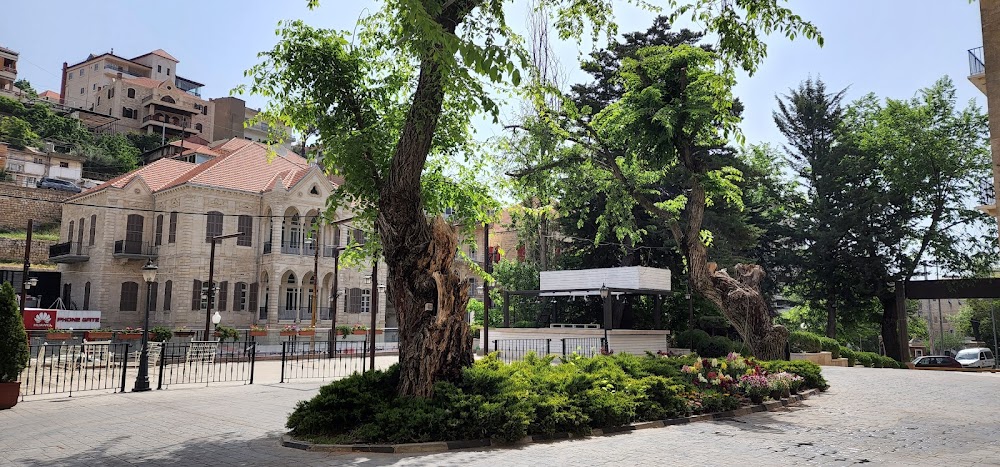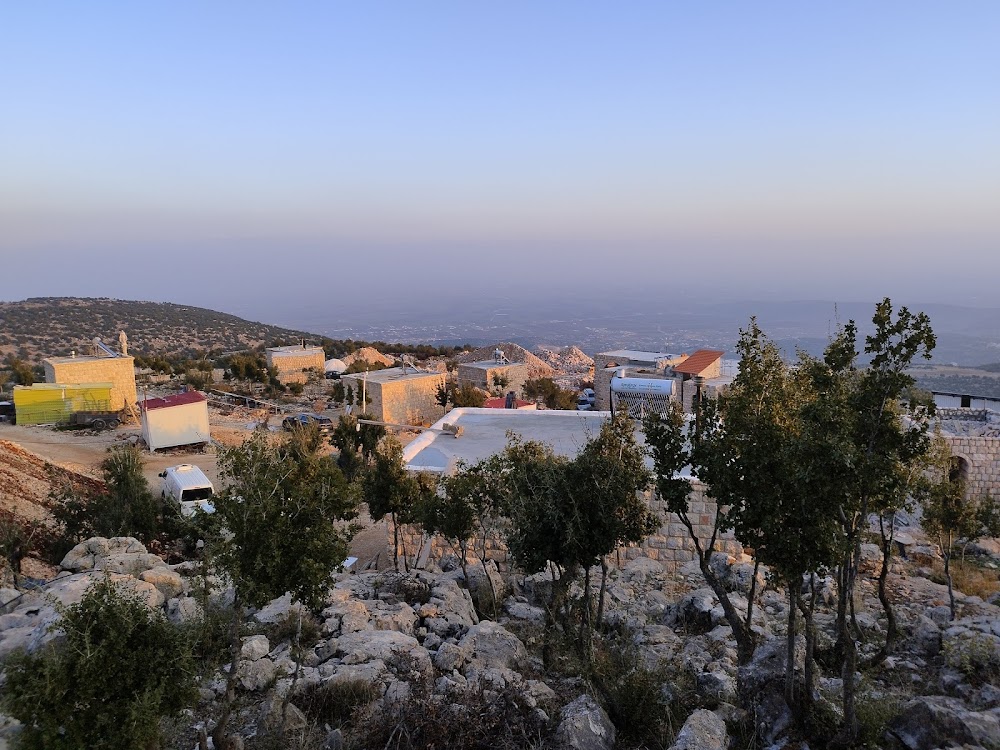Zahle (زحلة)
Overview
**Zahlé: The Bride of the Beqaa Valley**
Nestled in the stunning Beqaa Valley of Lebanon, Zahlé is a city steeped in history and charm. Often referred to as the "Bride of the Beqaa," this vibrant destination is celebrated for its breathtaking landscapes, rich cultural heritage, and significant historical narratives.
Founded in the early 18th century by a group of Christian families seeking refuge from the turbulent conditions in other regions of Lebanon, Zahlé began as a humble rural community. These early settlers, primarily farmers and craftsmen, recognized the potential of the fertile lands in the Beqaa Valley to cultivate vineyards and diverse crops. Over the years, Zahlé blossomed into a bustling city, benefiting from its strategic location and the richness of its soil.
One of the city's most iconic landmarks is the **Our Lady of Zahlé and Beqaa** tower. This monumental statue, proudly overseeing the city, stands as both a religious emblem and a symbol of the resilience and unity of its inhabitants. Constructed in the 1950s, it remains a beacon of cultural pride and spirituality for the community.
Zahlé is also celebrated for its thriving **wine industry**. The unique climate and geography of the Beqaa Valley create ideal conditions for vineyards, producing some of the finest wines in the region. Notable wineries, such as Château Ksara—established in 1857—are among Lebanon's oldest and most prestigious, earning international acclaim. These wineries are not just vital for the local economy; they also attract wine enthusiasts from around the globe, enhancing the city’s tourism appeal.
At the heart of Zahlé flows the **Berdawni River**, a significant feature that adds to the city's charm. Its banks are lined with delightful restaurants and cafes, creating a vibrant atmosphere, especially during the summer months. Here, locals and visitors come together to savor traditional Lebanese delicacies, such as **mezze** and **arack**, the local anise-flavored spirit, making for a lively dining experience.
The architectural landscape of Zahlé is a beautiful fusion of **traditional Lebanese houses** and modern structures. The old quarter boasts red-tiled roofs, arched windows, and intricate stonework, showcasing the city’s rich cultural heritage. Many historical homes have been preserved and transformed into museums, guesthouses, and cultural centers, offering visitors an immersive glimpse into the city’s past.
Each summer, the **Zahlé Festival** draws locals and tourists alike, celebrating the city’s vibrant arts and traditions. This much-anticipated event features an array of performances—music, dance, and theater—along with exhibitions and colorful parades. The festival not only highlights the cultural richness of Zahlé but also strengthens community ties and fosters local pride.
Education plays a pivotal role in Zahlé’s ongoing development. The city is home to several reputable schools and institutions that cater to a diverse student body. These educational efforts have significantly contributed to the socioeconomic growth of the area, with many residents excelling in various professional fields.
In recent years, Zahlé has faced challenges, including political instability and economic hardships. However, the resilient spirit of its people, coupled with ongoing initiatives to boost tourism, agriculture, and local industries, continues to drive the city’s progress while preserving its cultural vibrancy.
In summary, Zahlé stands as a beacon of history, culture, and resilience within Lebanon’s Beqaa Valley, harmoniously blending its rich past with aspirations for a bright future. Whether you are exploring its historical sites, indulging in local cuisine, or enjoying its natural beauty, Zahlé promises an unforgettable experience.


